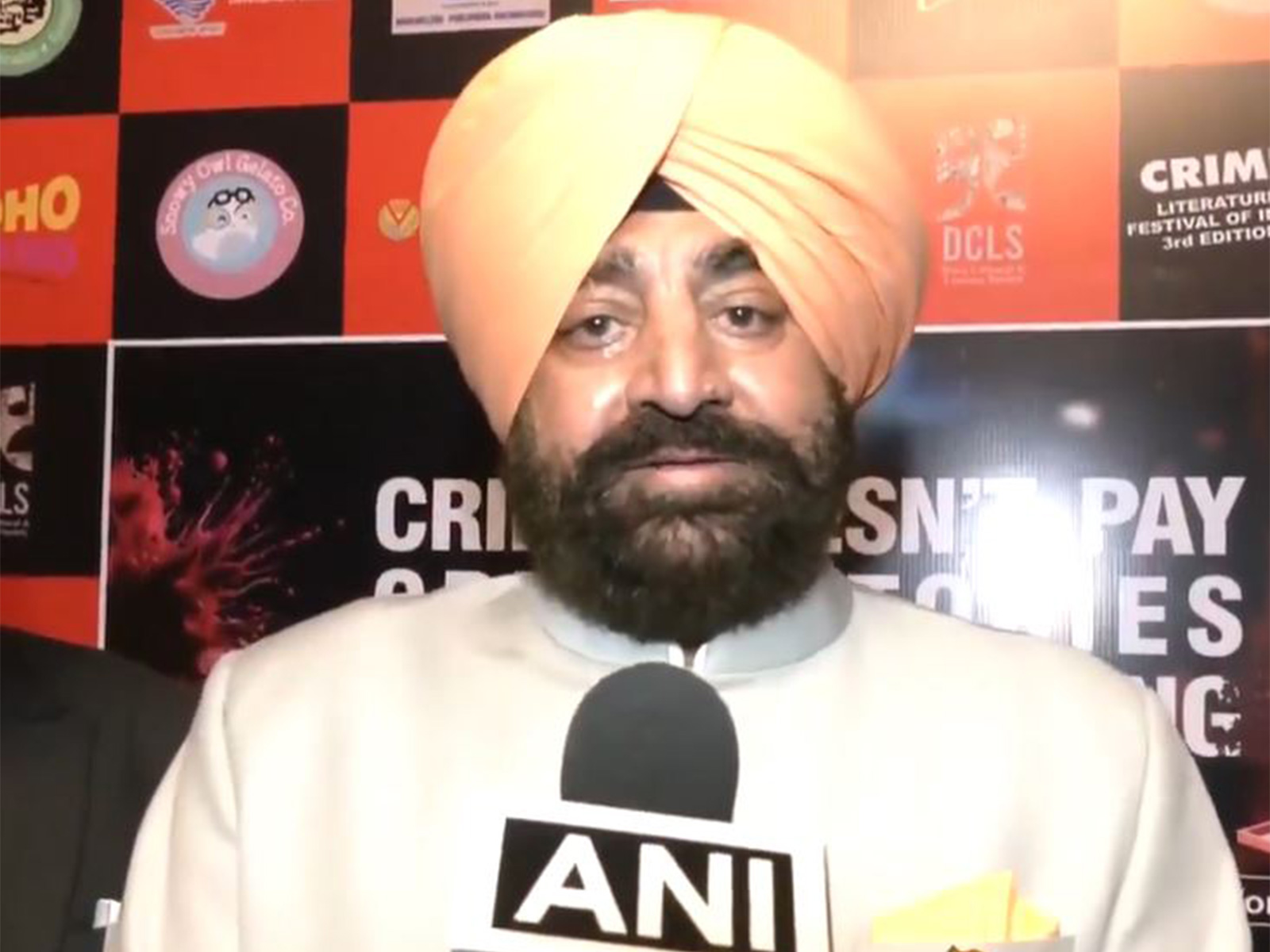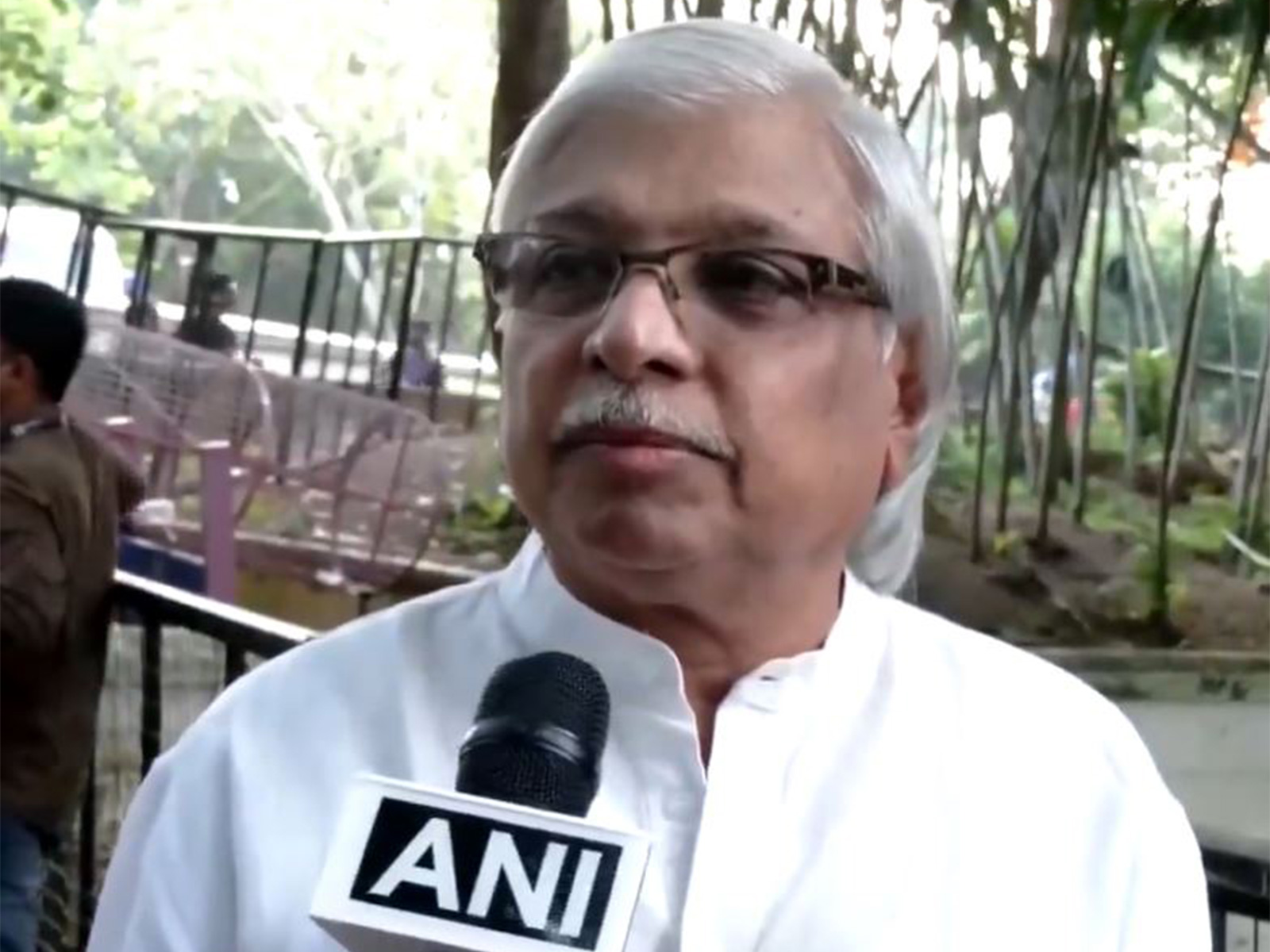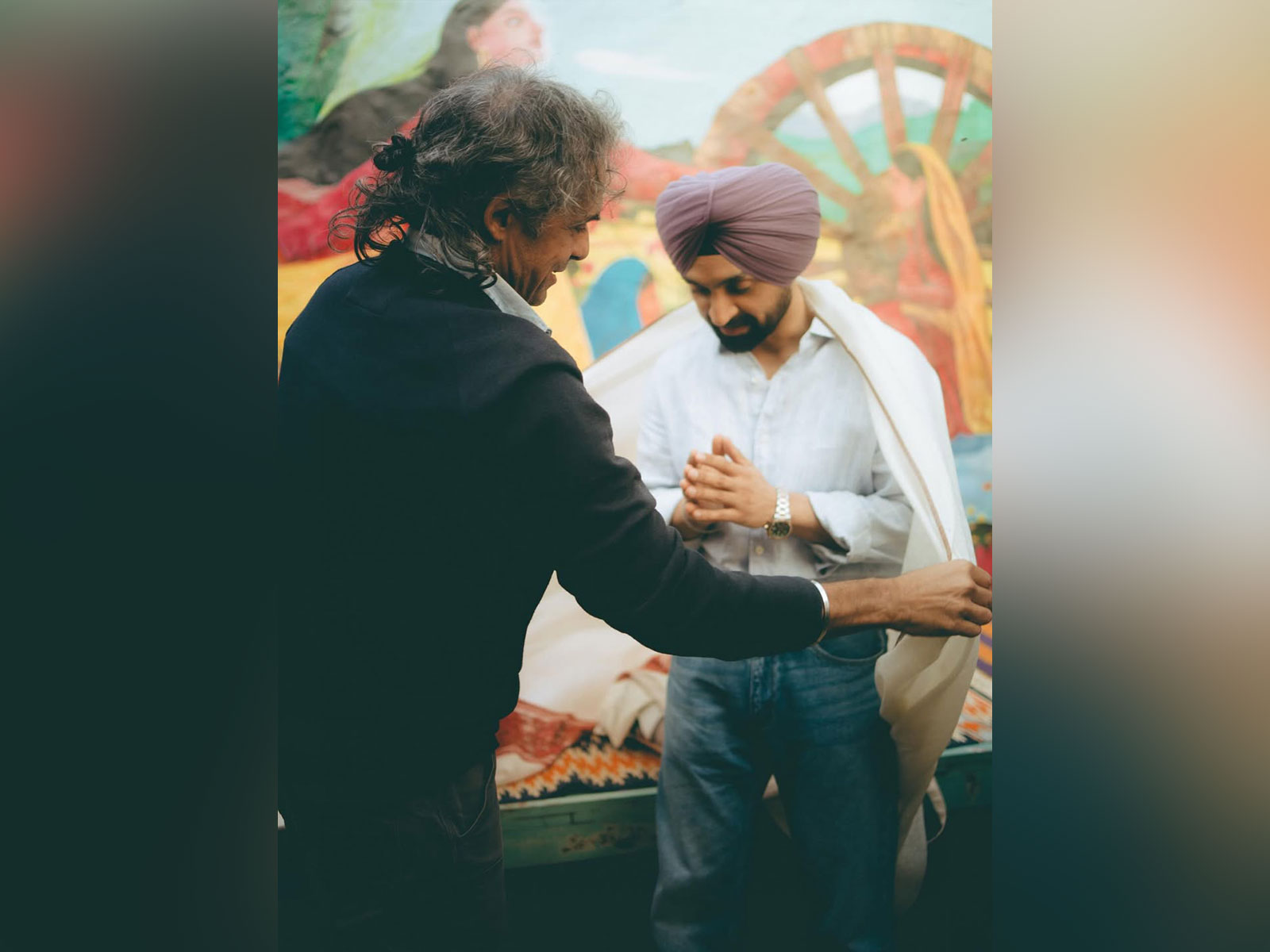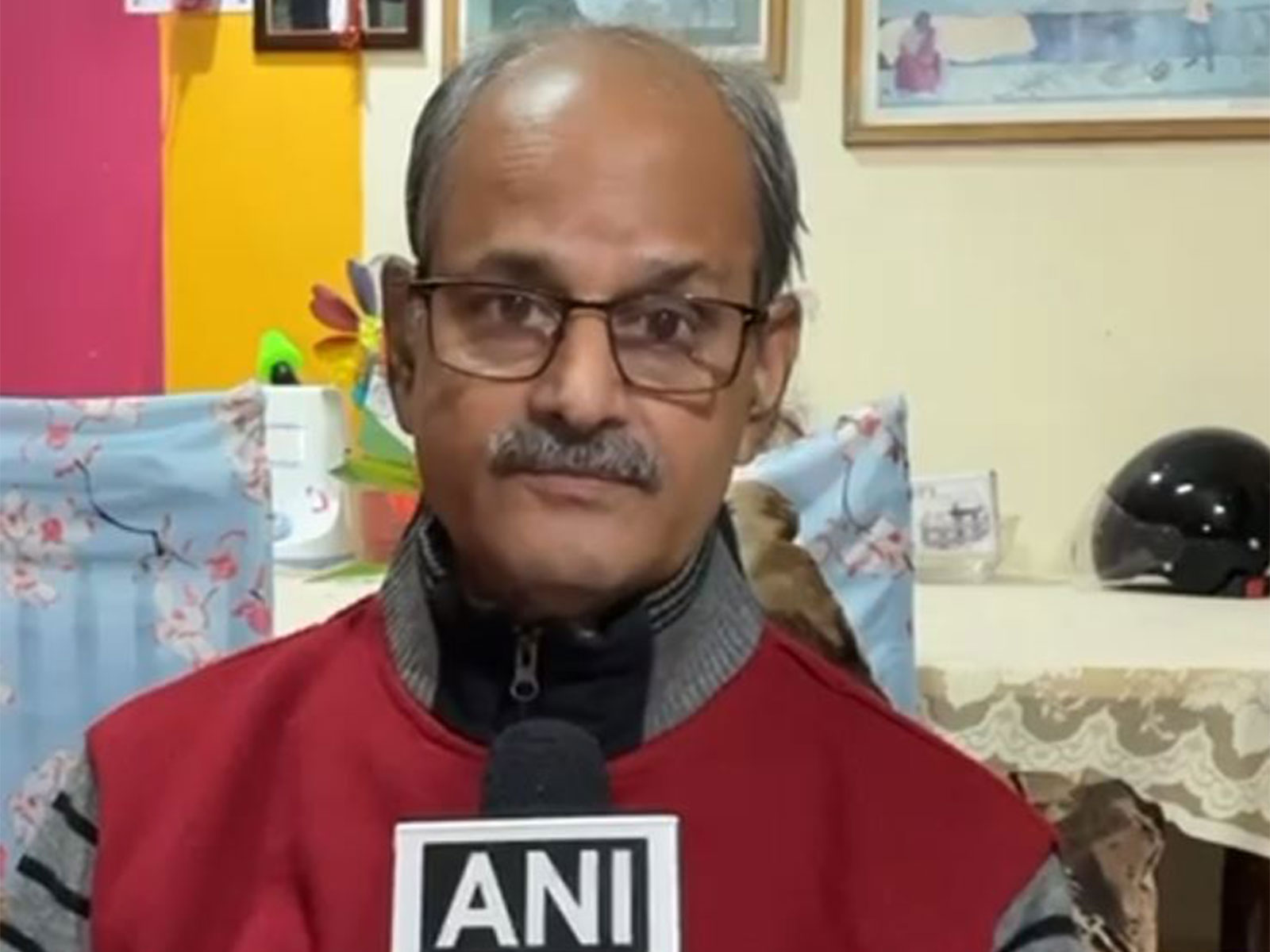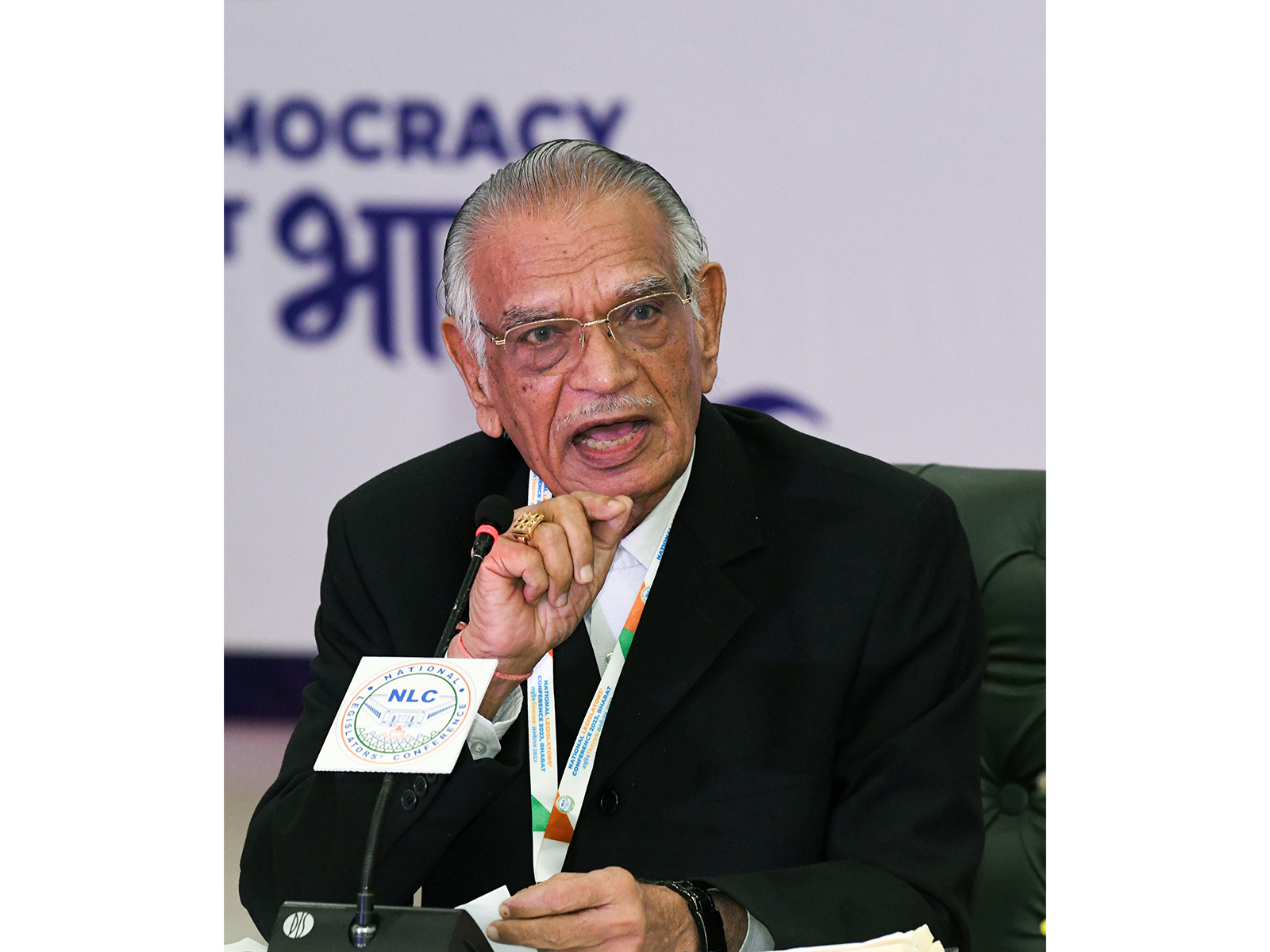Film critic Anupama Chopra feels portrayal of women in Indian movies changed with success of 'The Dirty Picture'
Mar 13, 2022

By Nishtha Narayan
Jaipur (Rajasthan) [India], March 13 : Film critic Anupama Chopra said that the portrayal of women in films in India changed with the success of the film 'The Dirty Picture' but she still feels there is a long way to go.
"I think for me the demarcation line is really Actor Vidya Balan and the success of Dirty Picture. I mean, you know we had tremendous actors before that. Actor Nargis set the tone with everything with the film Mother India. You know you had actors like Nutanji and Waheeda Rehman," Chopra said at a panel discussion at the 15th edition of Jaipur Literature Festival.
"We have had generation after generation of spectacular female actors. But the portrayal of the woman in modern times and contemporary times really changed with the success of that film" she added.
She further said that there are films in which women are shouldering it, from films like Raazi to Kangana Ranaut's films like Tanu Weds Manu, Queen, and more recently Gangubai Kathiawadi.
"The success of these films, the entry of the new generation of actors, the entry of women in every sphere of film making has really created massive change, but we have a long way to go, don't get too happy," she added.
Reflecting upon the evolution of the Indian heroine in Bollywood, the film critic said, "The virgin heroine was placed in the film Dilwale Dulhaniya Le Jayenge in 1995. In the film, the characters spent a night in the hotel room and they did not do anything and the hero says that Mujhe pata hai hindustani aurat ki izzat kya hoti hai, that's Raj's dialogue. The evolution happened only in the last 10-15 years. In the 90s, we were making a big hoo haa of who is and who isn't chaste."
While talking about her book 'A Place in My Heart' in which she has written about 50 films, she said, "The shortlist of the films was really was a mix of very popular, very obscure films, in a sense it is a listicle. It will lead people to watch movies they hadn't considered to watch."
She further stated that there is no finite number to the film one loves. "It's all about where one is at a certain place and at a certain place of time." She added that when she goes back to the films that she did not really love 10 years ago, she is responding to it differently now.
"And it's a very dynamic art form and constantly evolves even though the frame remains same. It revolves because you have changed," she further said.
Referring to the first chapter of her book which is based on the film Hindi film 'Sholay', she said that for her, the film Sholay has aged well.
"It is such a personal response. Sholay is one of the earlier movie memories of hers. I am afraid of being afraid of that sound when Gabbar walks into frame. I remember that so clearly. I don't remember where I saw it or how old was I. I remember being afraid of that sound. It is embedded into me now also. It was so timeless. This is why Sholay is in my book so that the new generation could know about it."
